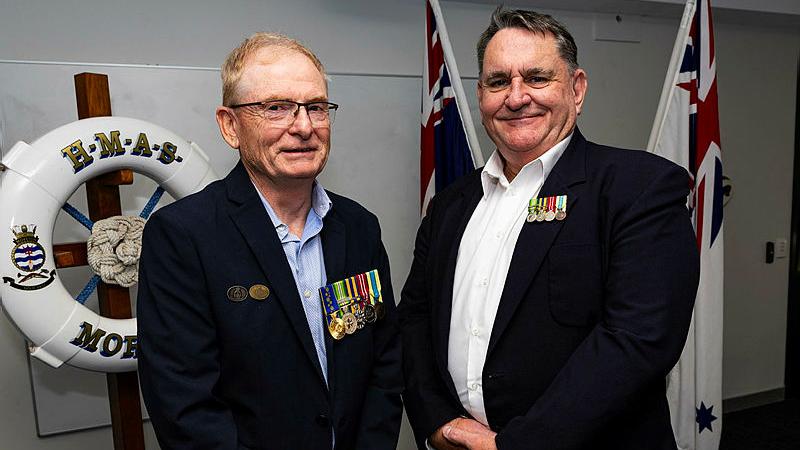The Royal Australian College of General Practitioners (RACGP) has welcomed the Federal Government’s announcement of payments of up to $21,000 for GPs and rural generalists providing emergency care and with qualifications in areas like mental health, obstetrics, surgery, anaesthetics and First Nations health.
The payments, to be paid under the Workforce Incentives Program (WIP) – Rural Advanced Skills payment, are open to eligible GPs in Modified Monash Model areas 3-7, or large rural towns to very remote communities. From $4000-10,500 is available to GPs providing emergency care, based on rurality and the rosters worked, and the same for advanced skills.
Eligibility includes RACGP rural GPs and Rural Generalists (RGs) who have completed Additional Rural Skills Training (ARST). The Department will also include the College’s Small Town Rural General Practice (STRGP) ARST which comprises aged care, community health, and emergency and local hospital in-patient services.
RACGP President Dr Nicole Higgins said access to GPs is essential for people living in small towns and more remote settings.
“A well-staffed general practice is one of the essential elements of a small town. Without a GP, it’s hard to keep a community healthy and a town viable,” she said.
“Making the decision to move to a small community, and the increased expense of practice further from the city, can push GPs to work closer to cities. Improving incentives for GPs and rural generalists to work in outer regional, rural, and remote communities can be the difference between a community thriving with a GP, or not.
“General practices in small towns and rural communities will need more support, particularly in cutting red tape for doctors who received their medical training overseas and improving support so GPs who join these communities are helped to settle and build lives there. The RACGP has committed to making that journey as easy as possible while maintaining Australia’s strong medical standards, and we urge the government to do the same.”
Dr Higgins also welcomed the inclusion of a broad range of disciples would help ensure communities outside cities have access to a greater breadth of services that can be delivered by GPs.
“Rural GPs wear a lot of hats. They’re often found staffing the emergency department in their local hospital, conducting surgery and anaesthesia, providing obstetrics and postnatal care for local mothers and paediatric care for young children, working closely with aged care homes, and being the first line for mental health in their community. By extending eligibility to a broad range of skills including our small town rural general practice discipline, the incentive will broaden the range of medical care communities can find locally.
“The inclusion of a broad range of disciplines under the Rural Advanced Skills payment reflects the reality of rural practice, both in terms of the skills rural GPs provide for their communities and the richness and variety of rural and remote practice. It can be tough, but it’s rarely boring.”
About us:
The Royal Australian College of General Practitioners (RACGP) is the peak representative organisation for general practice, the backbone of Australia’s health system. We set the standards for general practice, facilitate lifelong learning for GPs, connect the general practice community, and advocate for better health and wellbeing for all Australians.






